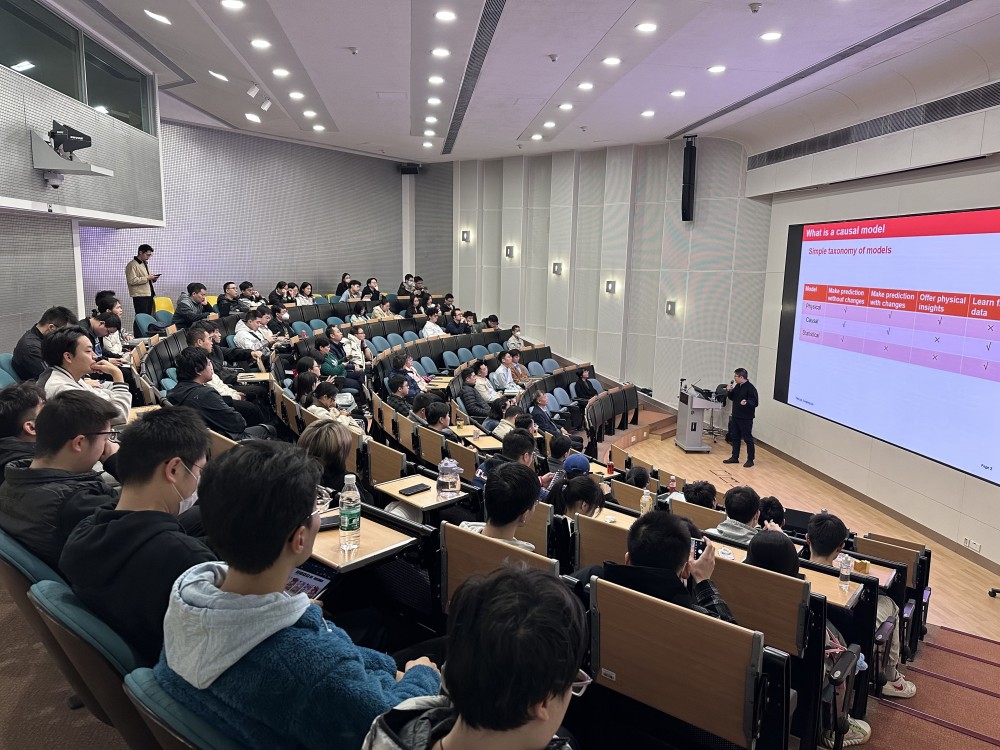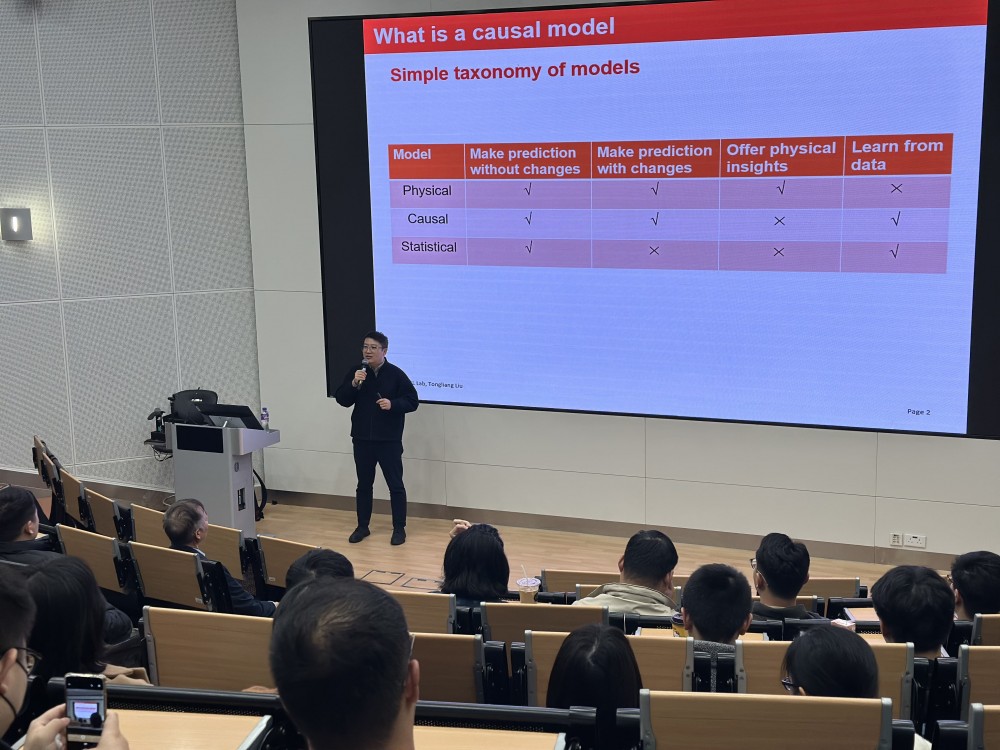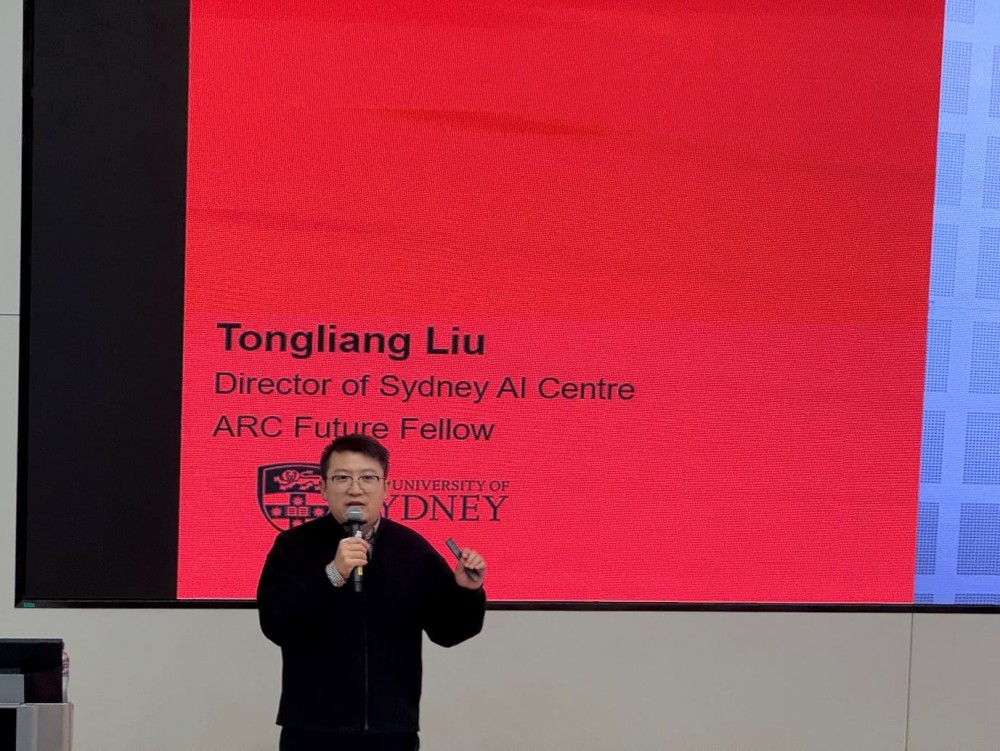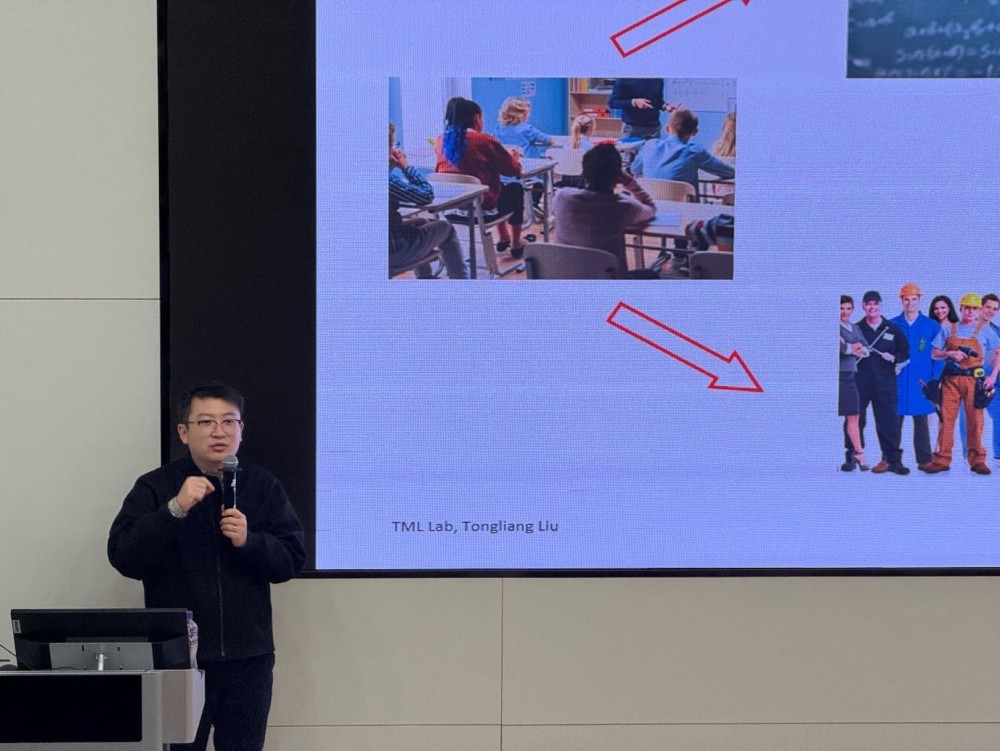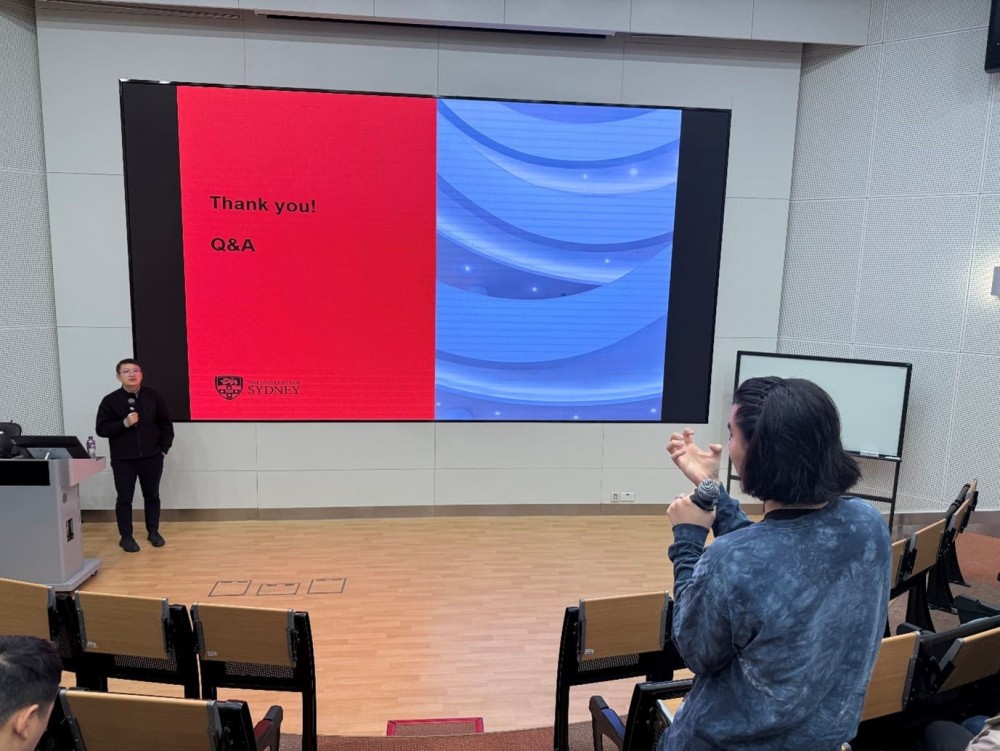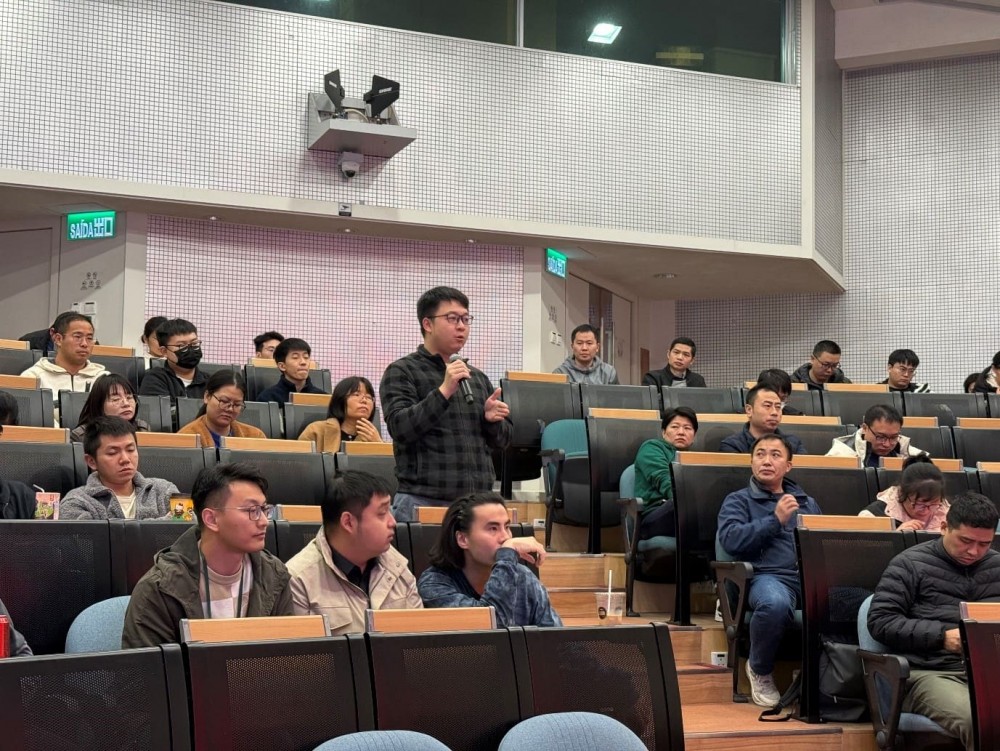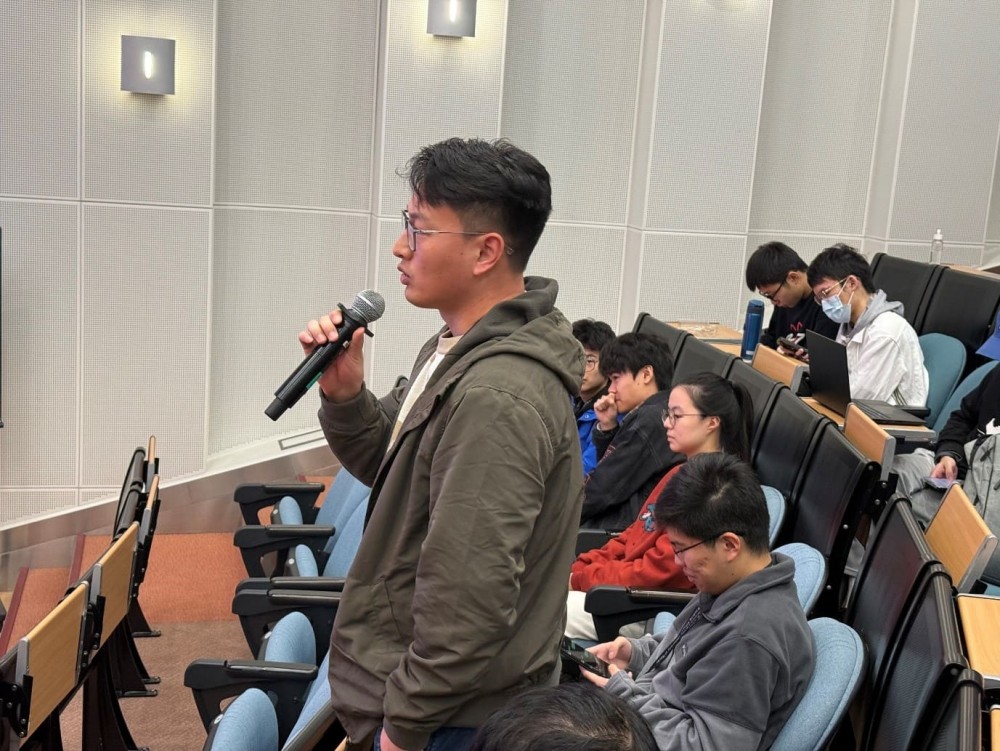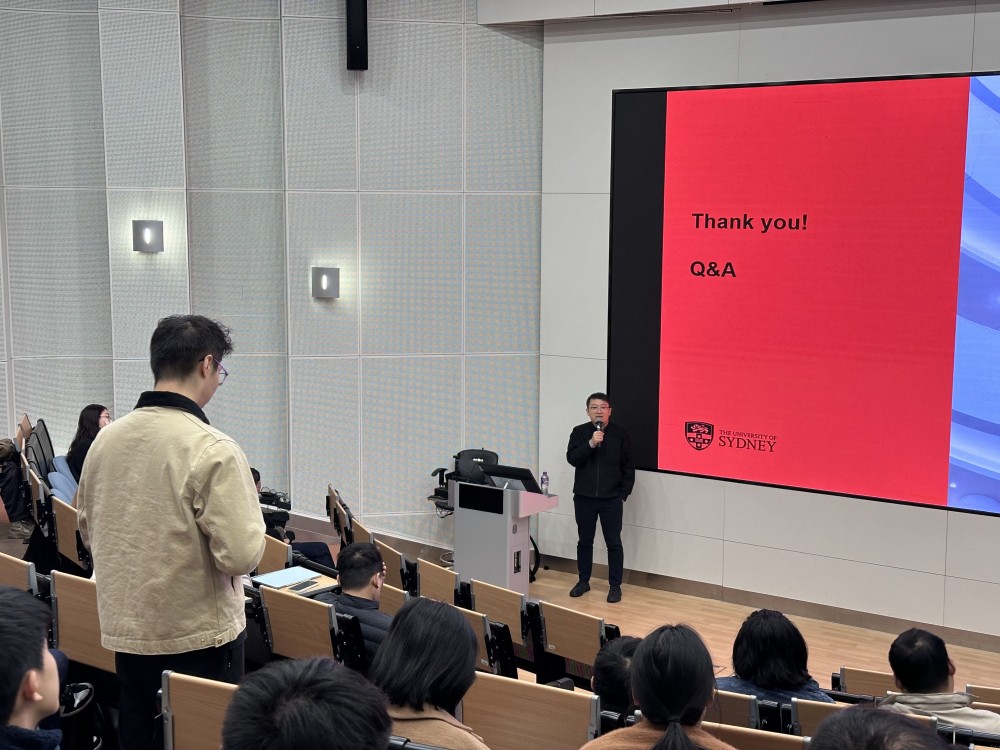On January 17, 2025, at 10 AM, the Facutly of Data Science of City University of Macau held an academic lecture titled 'Revealing Causal Information From Data' in HG03. The keynote speaker was Professor Tongliang Liu, Director of the Centre for Artificial Intelligence at the University of Sydney. The lecture attracted many faculty and students to participate and discuss academic content related to revealing causal information from data.
Professor Tongliang Liu has served as a senior meta-reviewer for multiple conferences such as NeurIPS, ICLR, AAAI, and IJCAI, co-Editor-in-Chief of Neural Networks, associate editor of IEEE TPAMI, TMLR, and ACM Computing Surveys, and is a member of the editorial boards of JMLR and MLJ. Professor Liu received the CORE Award for Outstanding Research Contribution in 2024, the IEEE AI’s '10 to Watch' award in 2022, the Future Fellowship Award from the Australian Research Council (ARC) in 2022, was selected as one of the Top-40 Early Achievers by The Australian in 2020, and received the Discovery Early Career Researcher Award (DECRA) from ARC in 2018.
During the lecture, Professor Liu proposed that many tasks in science or engineering require underlying causal information. However, since conducting randomized experiments is typically expensive and time-consuming, there has been significant attention towards revealing causal relations through the analysis of purely observational data, commonly known as causal discovery. In the past few years, with the rapid development of big data, the importance of causal discovery has been rising as it can reveal causal relationships between variables, helping decision-makers to formulate more effective strategies and policies. Moreover, by identifying key factors, causal discovery can improve the accuracy and interpretability of models, optimize resource allocation, and reduce R&D costs.
Professor Liu also introduced the concept and classical methods of causal discovery, including the PC algorithm and LiNGAM, and discussed the successful applications of these methods in cases without latent variables. Then, Professor Liu delved into the research on causal structure recovery in the presence of latent variables, sharing his and his team’s latest research findings, demonstrating how to handle more general cases in complex systems. The attendees showed a strong interest in Professor Liu's research, actively participating in questioning and discussion.
The academic sharing session was intense. Students present believed that causal discovery in the field of big data is not only an important part of theoretical research but also an indispensable tool in practical applications. However, it has previously lacked attention. Professor Liu Tongliang's lecture drew attention and sparked thought, greatly benefiting the students who attended the lecture.

